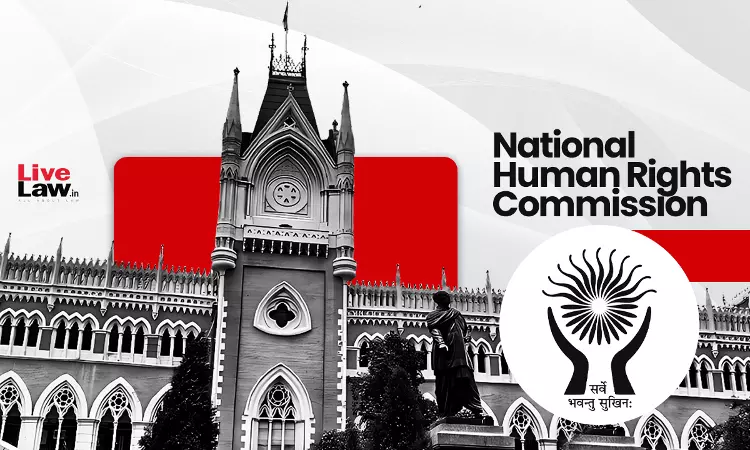Panchayat Elections: Calcutta High Court Dismisses NHRC's Appeal For Appointment Of “Human Rights Observers”
Srinjoy Das
5 July 2023 7:12 PM IST

Next Story
5 July 2023 7:12 PM IST
The Calcutta High Court has dismissed the appeal preferred by the National Human Rights Commission (NHRC) against a single-judge’s order which set aside appointment of observers and other related directions issued by the Commission “to protect human rights” in the course of the 2023 Panchayat Elections, on the basis of a media reports on wide-spread violence.In dismissing the appeal,...
